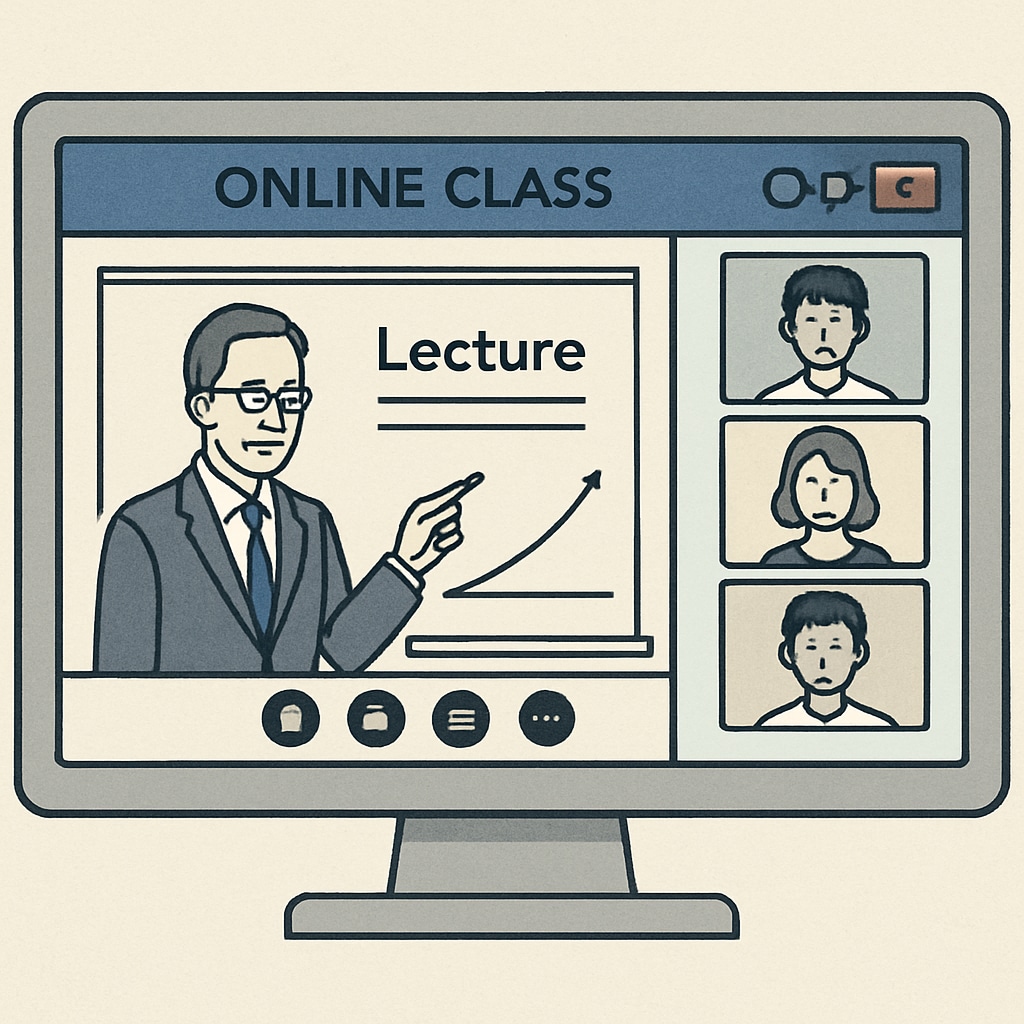Pursuing a master’s degree while maintaining career growth can be an uphill battle for many working professionals, especially those in their 30s or beyond. Balancing work commitments, personal responsibilities, and academic challenges requires careful planning and effective strategies. This article explores actionable ways to manage career development and continuing education without compromising your long-term goals.
Why Pursuing a Master’s Degree is Worthwhile?
For professionals seeking career advancement, a master’s degree can be an invaluable asset. It often opens doors to leadership roles, specialized positions, and higher earning potential. According to studies published by Britannica, higher education is strongly correlated with career advancement and enhanced job market competitiveness.
However, the decision to pursue further education often comes with challenges, including financial costs, time constraints, and workload management. It’s crucial to weigh the benefits against the sacrifices and determine whether this pursuit aligns with your long-term professional objectives.

Effective Strategies for Balancing Work and Study
Balancing work and study requires a combination of discipline, time management, and adaptability. Here are some proven strategies:
- Choose a Flexible Program: Opt for part-time, online, or hybrid master’s programs that allow you to tailor your schedule around work commitments.
- Set Clear Priorities: Define your short-term and long-term goals to stay focused on what matters most.
- Leverage Technology: Use productivity apps and digital tools to streamline your tasks and organize study materials.
- Communicate with Your Employer: Inform your employer about your educational goals and explore options like flexible work hours or tuition assistance programs.
For example, many universities today offer programs specifically designed for working professionals. These programs are highly flexible, such as the ones highlighted on Wikipedia’s page on online learning, making it easier to balance responsibilities.

Maintaining Personal Well-Being
While juggling work and study, it’s easy to overlook personal well-being. However, stress and burnout can negatively impact your performance in both areas. Here are ways to ensure you stay healthy and motivated:
- Practice Self-Care: Incorporate activities like exercise, meditation, and hobbies into your routine to recharge.
- Build a Support Network: Lean on family, friends, or peers who understand your goals and can provide encouragement.
- Take Breaks: Periodically step away from work and study to avoid mental fatigue.
Success Stories from Working Professionals
Many professionals have successfully navigated the challenges of pursuing a master’s degree while working full-time. By leveraging tools, building support systems, and maintaining persistence, these individuals have achieved both academic and career milestones. Their experiences underscore the importance of having a clear plan and not being afraid to seek help when needed.
As a result, with the right strategies, you too can find a balance that works for you, leading to success in both your career and education.
Conclusion: Pursuing a master’s degree while working is undoubtedly challenging, but it’s far from impossible. By choosing the right program, managing your time effectively, and prioritizing self-care, you can achieve your academic and professional goals simultaneously. Remember, the key lies in finding balance—one step at a time.


